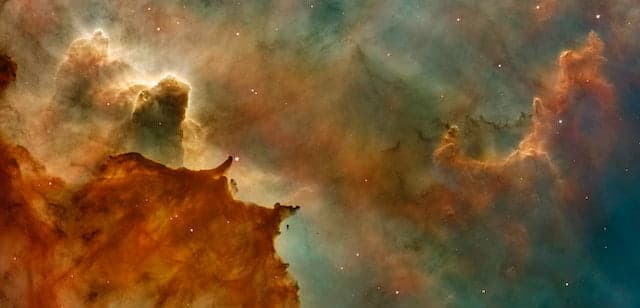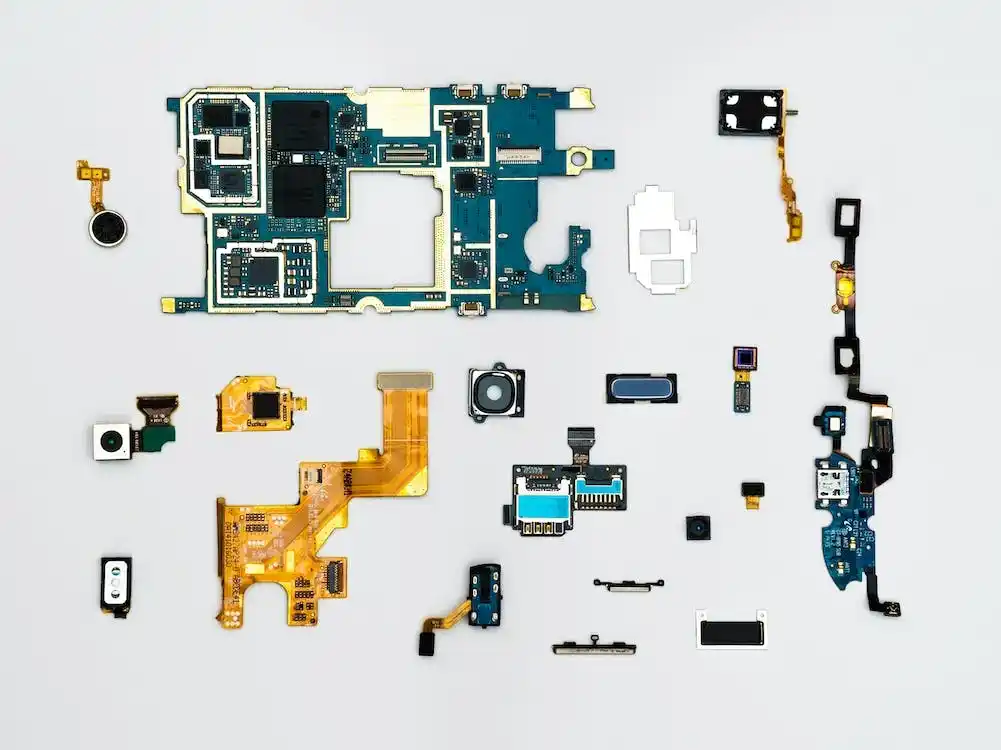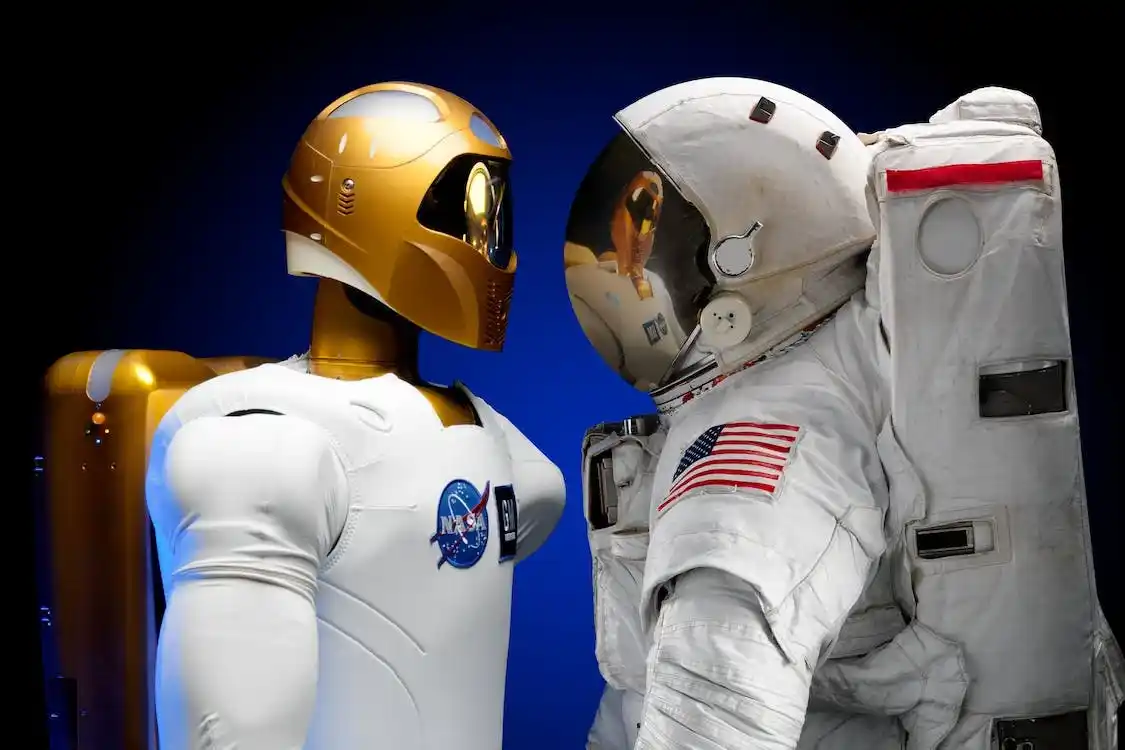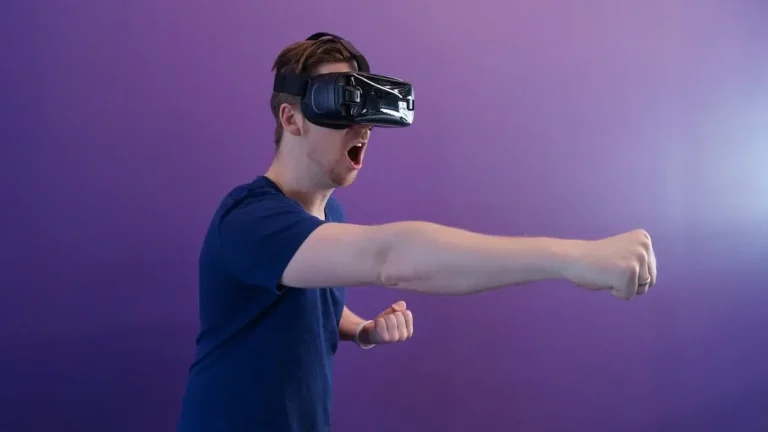Introduction
The exploration of space has been a fascination for humans since ancient times. With the advancement of technology, we have been able to send robotic missions to explore our neighboring planets and their moons. With the rapid development of space exploration technology, we can now look towards exploring the farther reaches of our solar system and even beyond. In this article, we will discuss the future of space exploration technology and how it will impact our understanding of the universe.
The Role of Artificial Intelligence
One of the most significant advancements in space exploration technology is the use of artificial intelligence (AI). AI can help us in several ways, including improving the accuracy of navigation, analyzing large amounts of data, and even controlling robotic missions remotely. With AI, we can send spacecraft to explore regions that were previously considered too dangerous for human explorers. The use of AI in space exploration will continue to grow in the future, and it is expected that it will become a standard tool for space missions.
Another significant advantage of AI is its ability to learn and adapt to new environments. With the help of AI, we can train spacecraft to make decisions on their own, allowing them to carry out tasks independently. This will allow us to explore the far reaches of our solar system and beyond without the need for constant human input.
Advanced Propulsion Systems
Currently, space exploration technology relies heavily on chemical rockets to propel spacecraft into space. However, these rockets have limited capabilities and can only take us so far. As we look towards exploring the outer reaches of our solar system and beyond, we need more advanced propulsion systems.
One such system is the ion thruster, which uses electric fields to accelerate ions and propel a spacecraft. Ion thrusters are much more efficient than chemical rockets and can achieve much higher speeds. Another potential propulsion system is the nuclear thermal rocket, which uses a nuclear reactor to heat propellant and generate thrust. These advanced propulsion systems will allow us to explore the outer reaches of our solar system and even travel to other star systems.
New Discoveries and Technologies
As we continue to explore space, we are likely to make new discoveries that will revolutionize our understanding of the universe. One such discovery could be the existence of extraterrestrial life. With the help of advanced telescopes and sensors, we may be able to detect signs of life on other planets and moons in our solar system.
Another potential discovery could be the existence of new technologies that we have never seen before. For example, we may discover new materials that are lighter and stronger than anything we have on Earth, which could revolutionize the aerospace industry. These new discoveries and technologies will drive further advancements in space exploration technology.
Conclusion
The future of space exploration technology is incredibly exciting. With the help of AI, advanced propulsion systems, and new discoveries and technologies, we are on the cusp of exploring the outer reaches of our solar system and beyond. As we continue to push the boundaries of what is possible, we will gain a better understanding of our place in the universe and how we can use space exploration technology to improve life on Earth.
So, the future of space exploration technology is undoubtedly bright, and we should be excited about what lies ahead.
Best Articles
Read about Space Exploration














